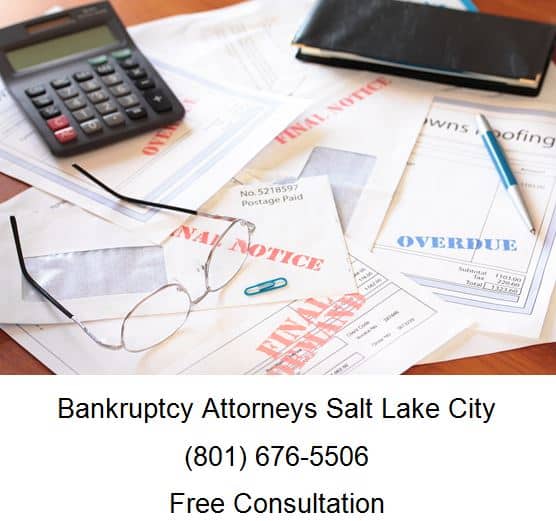Bankruptcy is often considered a sort of dirty word; some nefarious thing to be avoided at all costs. I’ll try in this post to share with you some information I’ve learned over many years as a bankruptcy attorney. We’ll also try to unravel some of those myths—and replace them with the facts.
Despite its bad rap—often encouraged by creditors to keep you in the debt cycle—bankruptcy can be a powerful tool to help you move beyond the “paycheck to paycheck” lifestyle and get a fresh start. In fact, unlike many programs that creditors have designed to ensure that they can keep recovering payments from consumers, bankruptcy is a federal program. It was written into law specifically to assist those who, despite their hard work and best efforts, have experienced misfortune due to a lost job, medical catastrophe, or other event that results in an inability to pay their bills.
Bankruptcy can help you regain sound financial footing after a turbulent time.
Will My Chapter 13 Payment Change With My Income?
Chapter 13 bankruptcy runs over a significant length of time: 3 to 5 years. The terms of the repayment plan is tied to the debtor’s income and expenses. That raises one of the most common questions people have about Chapter 13 bankruptcy: since your income and/or your expenses might change significantly during the life of the plan, how does that change affect the plan? Can your payments be adjusted?
Chapter 13 Basics
First some basics on how Chapter 13 works. Chapter 13 bankruptcy is known as “the wage earner’s plan.” It allows people with a regular income to develop a plan for repaying a portion of their debt over a period of three to five years, depending upon monthly income.
Who is Eligible?
You can file under Chapter 13 as long as you have:
- Unsecured debts less than $336,900
- Secured debts less than $1,010,650
There is no minimum debt requirement for filing under Chapter 13. Self-employed or those operating an unincorporated business can also file Chapter 13 to reorganize debts associated with their business.
Three-Year versus Five-Year Plans
Whether you end up with a three-year or five-year plan is a function of your income. If your income is above the median, your Chapter 13 plan must run for five years with expenses determined by IRS collection standards. If your income is at or below the median, you’re eligible for a three-year-plan with payments determined by actual expenses versus IRS guidelines.
Options for Dealing with Changed Income and/or Expenses
Chapter 13 bankruptcy offers two basic ways to deal with changed financial circumstances Modification of the plan’s payment schedule to keep the plan workable. Plan modifications often involve reducing the monthly payments in light of reduced income and/or increased expenses.
A “hardship discharge” is the other option, and occurs when the changed circumstances prevent the debtor from completing the plan. Not surprisingly, the law restricts hardship discharges to a limited set of circumstances. It’s only available when all three of the following circumstances are met:
- The circumstances preventing the debtor from completing the plan’s payments are beyond the debtor’s control
- Creditors have received at least as much money as they would have received under Chapter 7 where nonexempt assets are liquidated
- The problem can’t be solved by merely modifying the plan
As soon as you anticipate changes to your income or expenses you should contact your attorney to discuss the potential of making changes to your plan. Not all plans can be modified, and if that’s the case it may be dismissed (unsuccessfully closed).
Free Consultation with Bankruptcy Lawyer
If you have a bankruptcy question, or need to file a bankruptcy case, call Ascent Law now at (801) 676-5506. Attorneys in our office have filed over a thousand cases. We can help you now. Come in or call in for your free initial consultation.
8833 S. Redwood Road, Suite C
West Jordan, Utah
84088 United States
Telephone: (801) 676-5506


